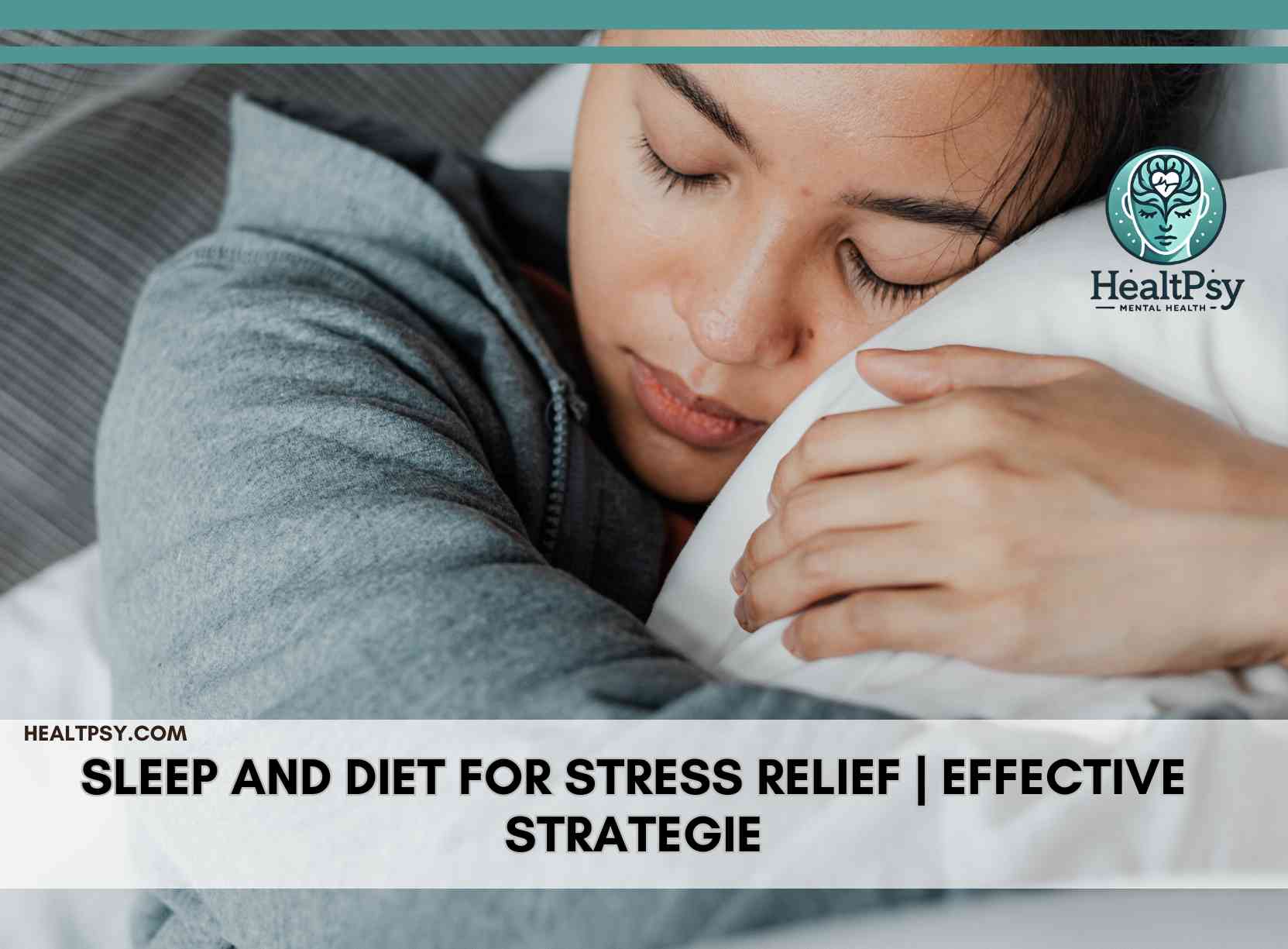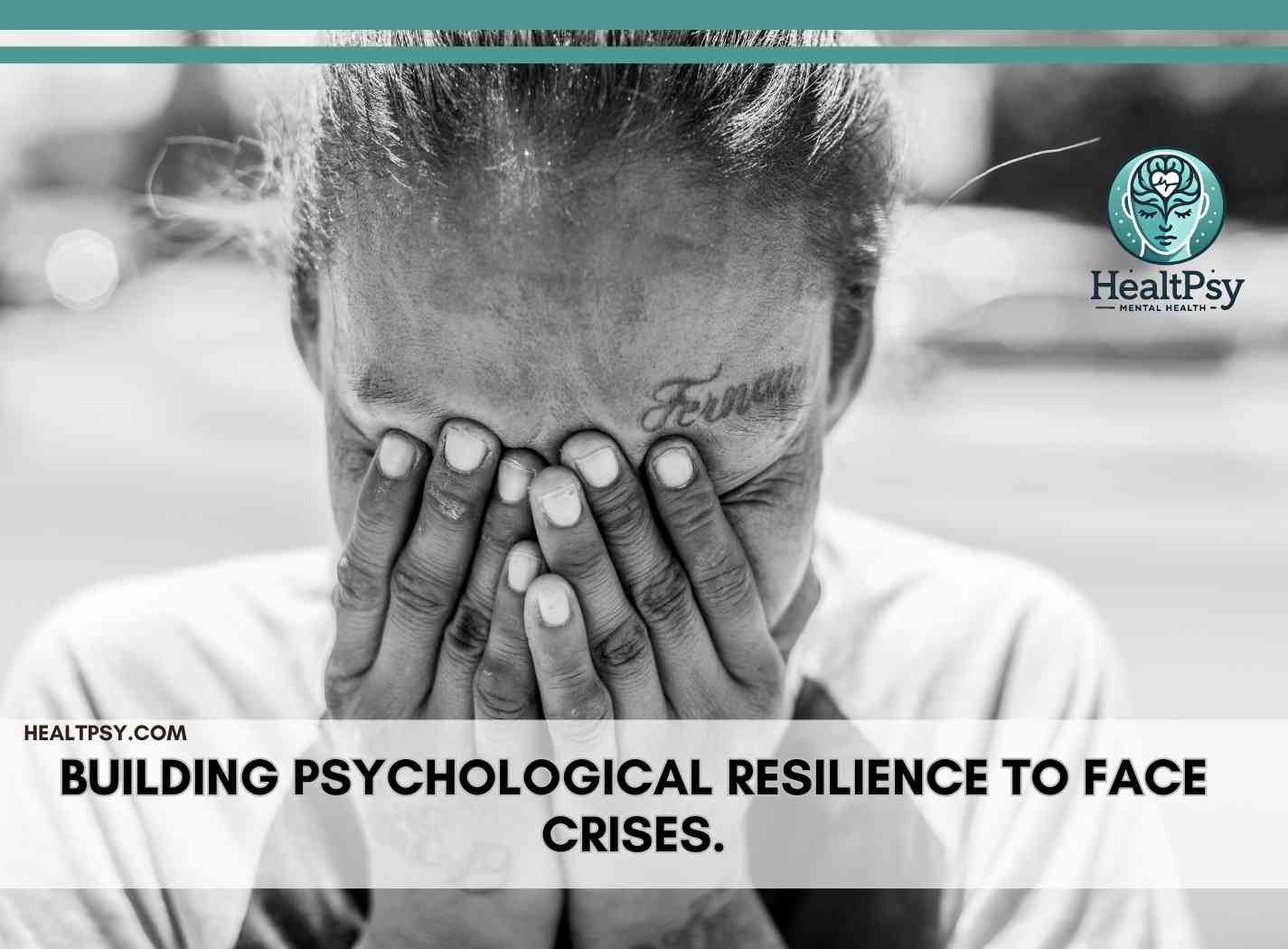Sleep and Diet for Stress Relief | 4Effective Strategie
Introduction
Both sleep and diet play a crucial role in stress management and mental well-being. Poor sleep quality and an unhealthy diet can elevate stress hormones, weaken focus, and impact emotional stability. A well-balanced approach to sleep and nutrition can improve brain function, enhance mood, and strengthen the body’s resilience against daily stressors.
Studies show that individuals who prioritize adequate sleep and maintain a nutrient-rich diet are better equipped to handle life’s challenges, both mentally and physically. Sleep helps regulate cortisol levels, the primary stress hormone, while proper nutrition provides essential nutrients that support brain health and emotional balance.
This article explores how optimizing sleep and diet can help reduce stress, enhance cognitive function, and promote long-term well-being.
How Sleep Affects Stress
Good sleep is essential for **mental recovery and emotional regulation**. During deep sleep, the body lowers **cortisol levels**, the hormone responsible for stress responses. According to the National Sleep Foundation, individuals who sleep fewer than six hours per night experience **higher stress and reduced resilience**.
Additionally, poor sleep impacts cognitive function, making stress management more challenging. A **consistent sleep routine** can enhance focus and emotional balance.
How Diet Helps Reduce Stress
A balanced diet plays a crucial role in supporting brain function and enhancing stress resilience. According to the National Institute of Mental Health (NIMH), deficiencies in essential nutrients such as magnesium, omega-3 fatty acids, and B vitamins can exacerbate feelings of stress and anxiety. Ensuring a nutrient-dense diet helps regulate mood and promotes overall mental well-being.
Consuming whole foods, lean proteins, and fiber-rich vegetables provides the necessary fuel for the brain and stabilizes energy levels throughout the day. In contrast, processed foods, excessive sugar intake, and high caffeine consumption can cause hormonal imbalances, leading to increased stress responses.
Additionally, eating at regular intervals helps maintain stable blood sugar levels, preventing mood swings, irritability, and sudden drops in energy. Skipping meals or relying on high-sugar foods can cause blood sugar fluctuations, triggering stress-related symptoms.
Certain foods are known for their natural calming properties. For example:
✔ Dark chocolate contains flavonoids that help lower stress hormones.
✔ Green tea is rich in L-theanine, an amino acid that promotes relaxation.
✔ Probiotic-rich foods such as yogurt, kimchi, and kefir support gut health, which is closely linked to mental well-being.
Hydration is also key to stress management. Even mild dehydration can lead to fatigue, concentration difficulties, and irritability. Drinking enough water throughout the day helps maintain cognitive function, energy levels, and emotional balance, making it easier for the body to cope with stress.
Practical Strategies for Better Sleep and Diet
1. Maintain a Consistent Sleep Schedule
Going to bed and waking up at the same time daily improves **sleep quality** and enhances the body’s ability to regulate stress. Reducing **screen exposure** before bedtime supports melatonin production.
2. Avoid Stimulants Before Sleep
Limiting **caffeine intake after 3 PM** and avoiding late-night heavy meals can improve sleep. Instead, opt for **herbal teas** like chamomile or valerian root for relaxation.
3. Eat a Balanced Diet for Stress Relief
Incorporating **leafy greens, nuts, lean proteins, and whole grains** helps stabilize mood and energy. Drinking sufficient water throughout the day also reduces **fatigue and stress-related irritability**.
4. Engage in Regular Physical Activity
Exercise plays a significant role in **reducing stress and improving sleep patterns**. Engaging in 30 minutes of movement daily increases **endorphins**, promoting relaxation and mental clarity.
Scientific Research on Sleep, Diet, and Stress
Studies published in the **Journal of Clinical Sleep Medicine** confirm that **consistent sleep schedules reduce anxiety and increase resilience to stress**. Research from Harvard Medical School also highlights that diets rich in **antioxidants and omega-3s** lower stress-related symptoms.
Additional Resources
Conclusion
By prioritizing **quality sleep and a balanced diet**, individuals can **effectively reduce stress and improve emotional stability**. Small but consistent changes, such as **establishing a sleep routine and consuming nutrient-dense foods**, enhance mental resilience and overall well-being.
Sleep and Diet, Sleep and Diet, Sleep and Diet, Sleep and Diet,
you might also like





